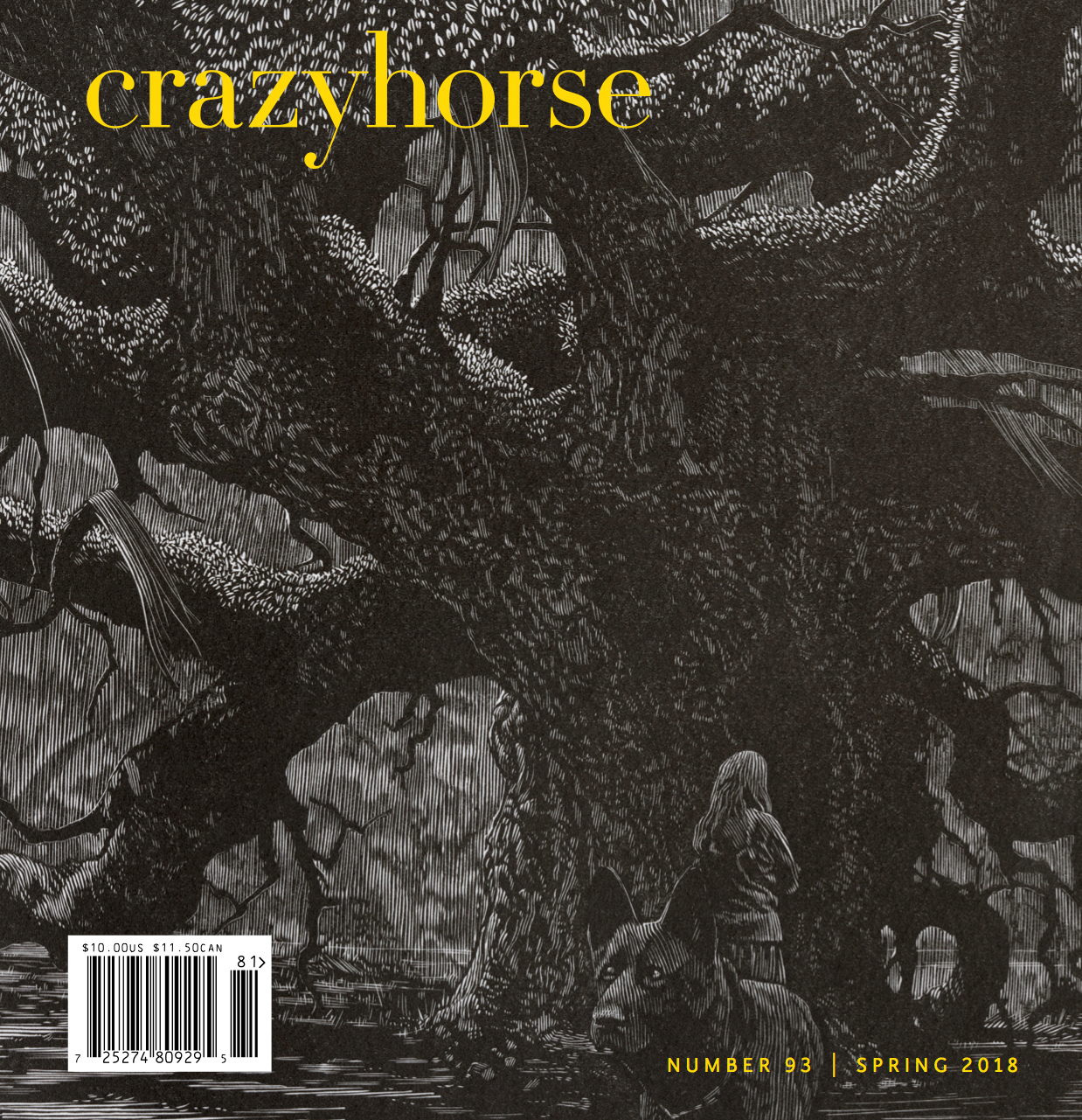
Ru Freeman’s novel On Sal Mal Lane was called, by Cheryl Strayed, “Piercingly intelligent and shatter-your-heart profound.”
Ru Freeman was born in Colombo, Sri Lanka, and is the author of the novels Disobedient Girl and On Sal Mal Lane. She is also the editor of the forthcoming anthology, Extraordinary Rendition, a collection of the voices of American poets and writers speaking about America’s dis/engagement with Palestine. She has worked in the field of American and international humanitarian assistance and workers’ rights, and her political writing has appeared in English and in translation. Her creative work has appeared or is forthcoming in VQR, Guernica, World Literature Today and elsewhere. She is a contributing editorial board member of the Asian American Literary Review and a fellow of the Bread Loaf Writer’s Conference, Yaddo, Hedgebrook, and the Virginia Center for the Creative Arts. Freeman won the 2014 Janet Heidinger Kafka Prize for Fiction by an American Woman. She calls both Sri Lanka and America home.
To read an exercise on using an omniscient narrator and an excerpt from Freeman’s novel, On Sal Mal Lane, click here.
In this interview, Freeman discusses the challenges of explaining historical context in a novel and creating an omniscient narrator and the politics of Sri Lanka and On Sal Mal Lane.
Michael Noll
On Sal Mal Lane begins with a prologue that functions very much like the infamous prologue to Star Wars. It sets up the politics, geography, and history of the place—and also indicates that, in the story’s beginning at least, the major conflict is some miles away from the main characters. What was your approach to this prologue? Do you think it would have been written the same if you could assume that your readers knew a lot about Sri Lanka and its civil war?
Ru Freeman
I like the way you use that to discuss the book. The prologue in this form was added after I had written the first draft. The original prologue, several pages longer, focused mainly on the characters, and all of it eventually got whittled down to that last paragraph. When I finished writing the book, I felt that there was a sense of longer-term history that couldn’t be contained within the main text of the book without burdening it with those kinds of explanatory treatises on history that can kill momentum. It was necessary that people understood that there was this regional and international context, this history of colonization and brutality, but also that, in the end, none of those things were relevant to the daily lives of ordinary people like those who lived on Sal Mal Lane. As a way of tracing immediate history to a pivotal moment, I included the murder of Alfred Duraiappah and the call to war by Prabhakaran. Whether people knew this history or not, setting it down with those few brushstrokes helped to establish the voice of the narrator who is, to continue with your image, a Yoda like character who knew all that came before and all that was to come to pass and could maintain both warmth and distance from every composite part of the story—the human and the inanimate.
Michael Noll
The prologue also has this remarkable pair of sentences:
“And who, you might ask, am I? I am nothing more than the air that passes through these homes, lingering in the verandas where husbands and wives revisited their days and examined their prospects in comparison to those of their neighbors.”
In essence, you have created an omniscient narrator and then embodied it in something of the novel’s world. Was this a conscious decision—in response, perhaps, to readers or yourself wondering who was speaking? Or did these sentences arise spontaneously in an early draft?
Ru Freeman

Ru Freeman’s novel On Sal Mal Lane “soars [with] its sensory beauty, language and humor,” according to a New York Times review.
Michael Noll
Each chapter gets a title. Obviously this is something that some books do and some don’t. What made you choose to title them?
Ru Freeman
In my first novel, I alternated the story between Biso (an older woman leaving an abusive husband, taking her three children with her on a journey that lasts just about 36 hours, all related in the first person), and Latha (a little girl who comes to live in a house as a companion to a girl her own age who lives there, and whose story covers about three decades and is told in the third person). When I began this book, I imagined that I’d write it by alternating the voices of the children, staying close to each in turn, sort of like what Barbara Kingsolver did with Poisonwood Bible. I must have written about a third of the book when I began to feel oppressed by this framework. I abandoned it as a strict guideline and began to simply write the story, though, as you can perhaps tell, I do concentrate on one or the other of the children as I go along, at least in certain parts. I decided to break the book up by year into sections, and then title the chapters. I enjoyed coming up with those titles. It’s not something people do too often, as you point out, but it is a lot of fun and if I’m having fun then the writing tends to be better than when I’m straining.
Michael Noll
At the risk of veering into politics, I was reading this novel when Sri Lanka held its presidential election in January, and so I couldn’t help holding the two events (the events of the novel and the election) side by side. In the novel, animosity is rising between Tamils and Sinhalese. Now, the war is over, and the minority groups (including the Tamils) who suffered during it have managed to vote out the president who claimed credit for ending the war. Do you imagine Sal Mal Lane today? Do the current events cause you to think about the years of the novel in a different light or way?
Ru Freeman

Freeman’s website contains what is, perhaps, the most comprehensive list in existence of Sri Lankan writers.
There is never a veering into, I think. We are always situated quite firmly and centrally in the middle of politics. As far as the election goes, while it is true that many ordinary citizens came together to vote out the former president, there were machinations that went beyond Sri Lanka, including the United States, to bring the current one into power. When I hear the rhetoric from the new leadership, I don’t feel optimistic; the alignment of the new president is with the United National Party, which in its time of power reigned over the massacre of more than 60,000 youth. The language used is old, it panders to American interests, and it is, frankly, disorderly. That combination can be deadly in a country like Sri Lanka, with a highly educated, enfranchised, and engaged civil populace.
Be that as it may, the Sal Mal Lanes of my country never disappeared. They went on through another quarter century of war, they mended fences, came apart, celebrated and mourned. There was a weight felt by everybody as they did these things, that was only lifted in May 2009, when the war officially ended, when the walls and barricades and checkpoints were dismantled, and the soldiers went to work on reconstruction and other support work. Devi, therefore, was a symbol to me of a fragile beauty that underlined all life in Sri Lanka, as well as a stand-on for the country itself. How people dealt with her presence and absence was and is similar to how they dealt with what happened during those decades of war.
May 2015





Leave a comment